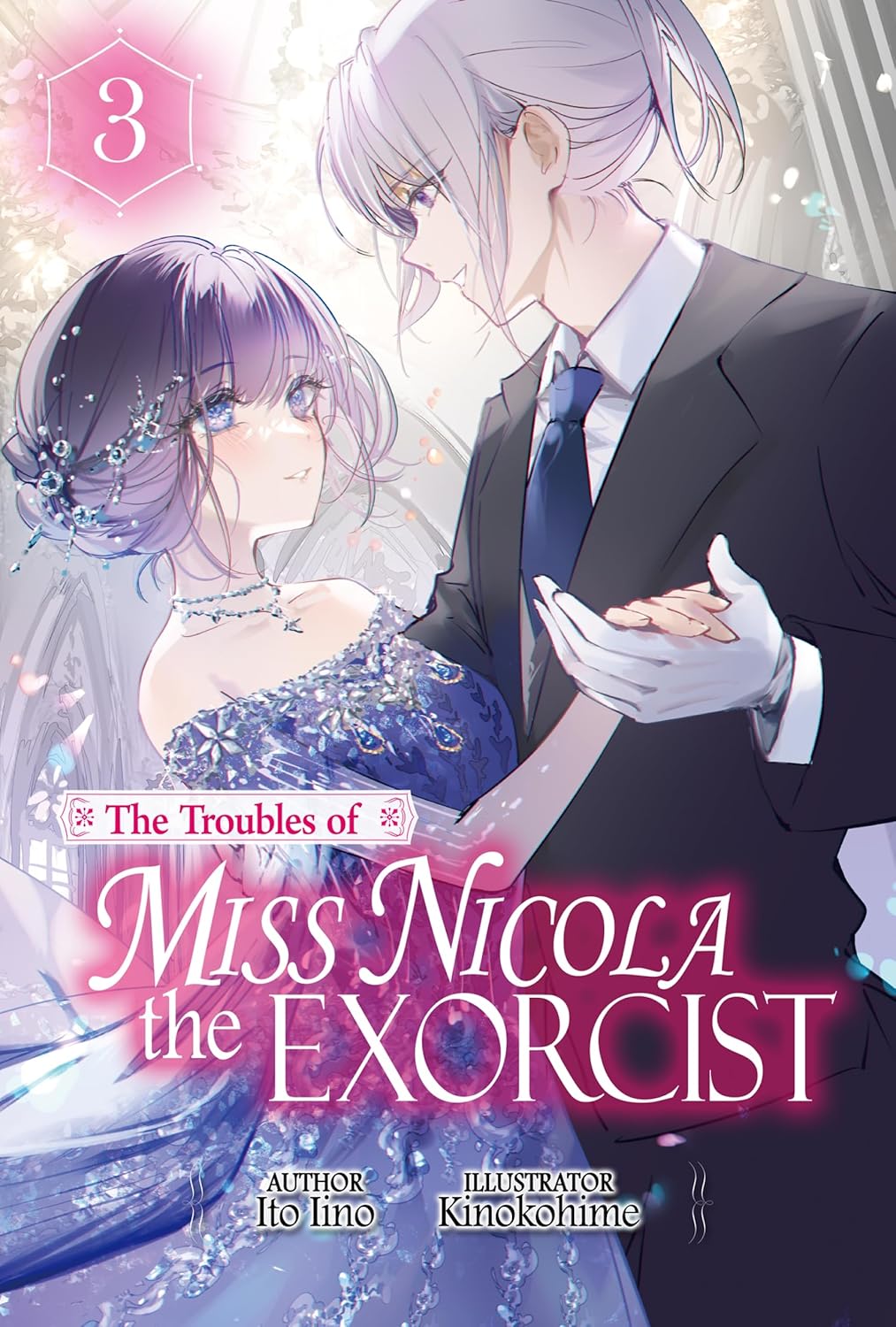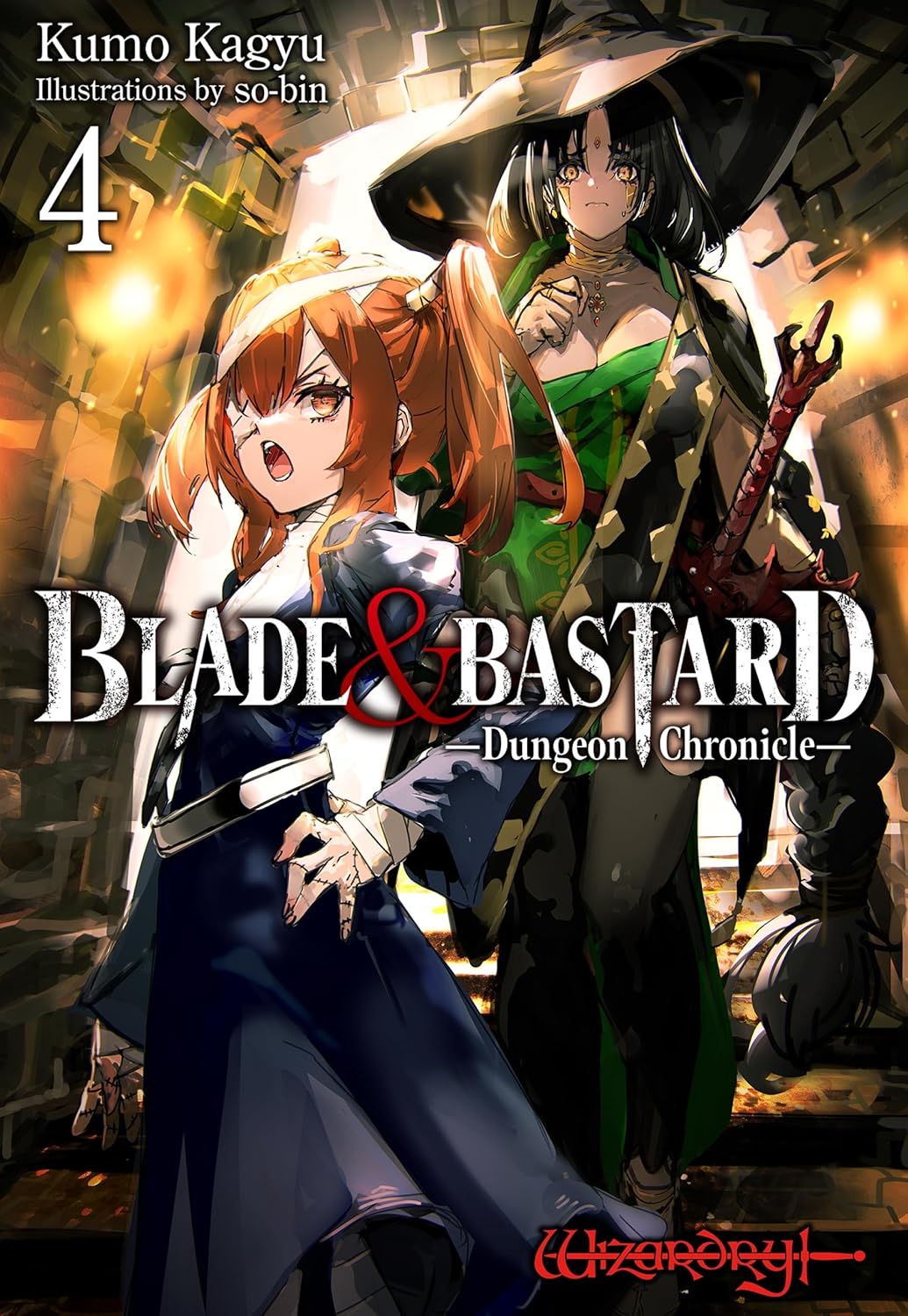By Ito Iino and Kinokohime. Released in Japan as “Haraiya Reijō Nicola no Komarigoto” by DRE Novels. Released in North America by J-Novel Heart. Translated by Joshua Douglass-Molloy.
It is somewhat interesting having a locked-room mystery (which this entire third and final volume is) in the universe of Miss Nicola the Exorcist, a universe that has, since the very beginning, dealt with supernatural threats to her love interest. It’s interesting because for once the initial thought CAN in fact be “hey, locked room is not an issue, because this world has demons and ghosts and cursed people”. And then of course it spends most of the book walking that back, because the author really is trying to do a locked-room mystery. That said, this is not exactly Agatha Christie. Once again, the culprit is obvious, though it helps that they are such a non-entity in the plot that we don’t even notice them till it’s time for the investigation. For the most part, the main reason to read this book is to see Sieghart threatened with execution, and to see what that does to Nicola. Oh. THAT’S what love feels like.
It’s time for the student ball, and this one is pretty important. It’s the last ball for third-years Sieghart and Alois, and they’re both planning to announce without actually announcing who they’re in love with by having the first dance with their respective partners. (OK, Emma is disguised as Charlotte, but it’ll work out.) I was expecting some sort of Villainess plotline where Nicola gets accused, but no, the dance goes off without a hitch. Unfortunately, Sieghart then goes off to do student council things, and when she next sees him he’s standing next to the dead body of a foreign prince, in a situation where there’s only one possible suspect, and it’s him. Now she’s got to try to prove him innocent despite all the evidence pointing towards his guilt, and also come to term with what will happen if she can’t by that evening – he’ll be a political nightmare, and executed without trial.
As with the second volume, the writer is very good at writing some chilling horror. In this volume, more concerned with the investigation (which is the weak po9int, alas, it’s pretty dull, especially the explanations towards the end), it’s the interstitial parts of the book from the point of view of, it becomes apparent, the culprit. They are a true sociopath, and each brief, page-long except of their thoughts features another murder. There’s a reason why there’s only one actual culprit being looked at – the villain is so evil and coated with bad things that, to everyone but the supernatural-blind Ernst, they are literally a CLOUD OF DARK CURSES. This actually makes it harder to figure things out, as they can’t look for facial tells and the like, as the face is masked. I did like the actual solution, which does rely on the supernatural, and is suitably mean.
And then there’s a quick flash forward to Nicola’s kid. We don’t even get a wedding. Still, this was pretty decent, though I will remind the publisher that not everything has to be a series.



